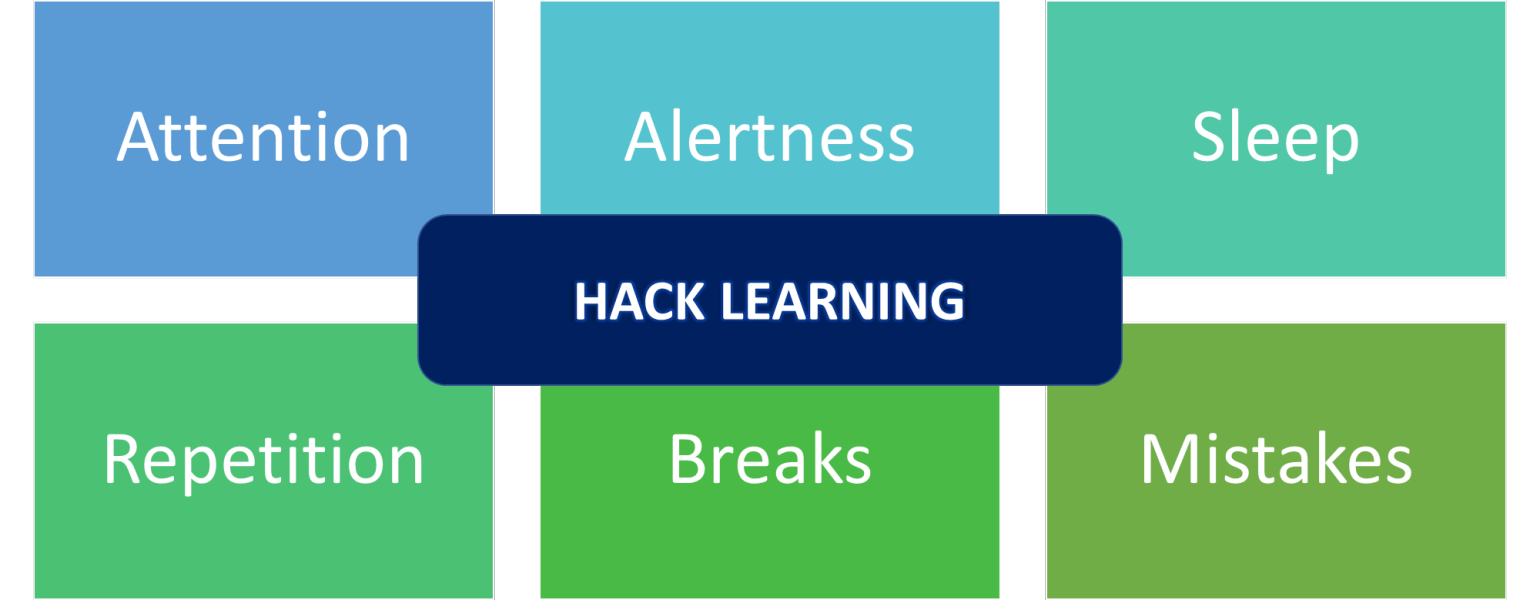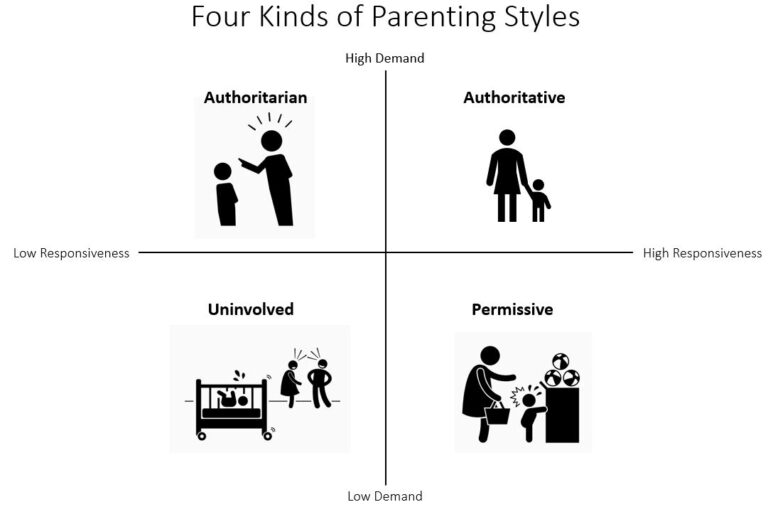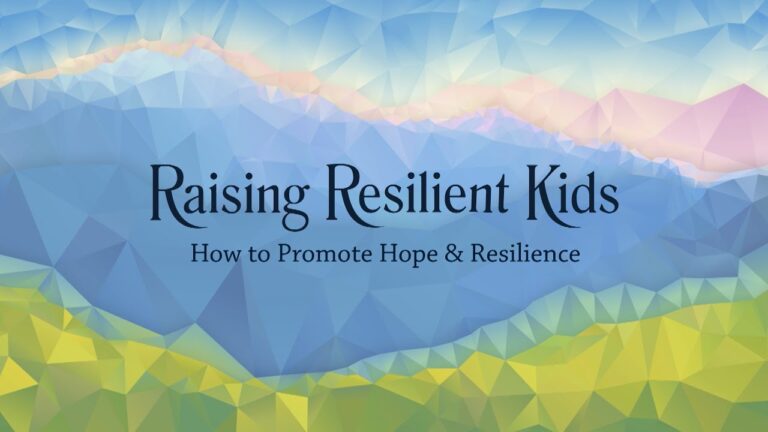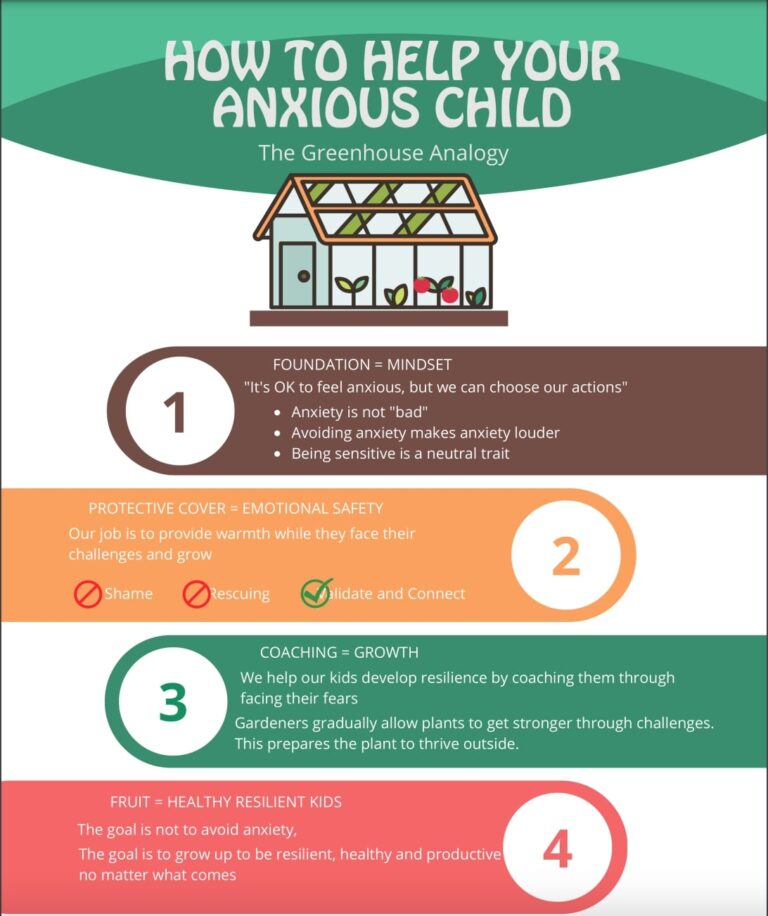Did you love to goto school during your childhood ? Did you study well enough during your childhood ? Has your teachers, parents told or helped you understand how to study effectively without getting stressed or burnt out ?
If your answer is big NO ( even small NO as well ) then this is must read and study blog post for you. In this blog post you can learn Science based 6 Critical Ingredients for Turbocharging Your Learning Abilities!.
Later you can teach this to your children, pupil to maximize their learning abilties and let them enjoy their learning journey just like disney rides.
Brain Hack: 6 secrets to learning faster, backed by neuroscience
We don’t get taught how to learn, we just want it to happen. It gets harder to learn as we age
We can learn faster and more effectively, Neuroscience behind 6 critical ingredients which will help you to learn faster.
When we Learn, neuroplasticity happens where the brain makes new connections.
Practice, Perseverance, and learning skills at an earlier age is easier compared to older people.
Good to start learning at age 5 itself. Reaching mid 20 it gets exponentially harder to learn
Let’s dive deep into below 6 techniques
1. Attention:
Paying close attention to the task at hand is crucial for effective learning. By focusing your attention, you can better process and encode information into your memory.
2. Alertness:
Being in an alert and awake state enhances learning. When you are alert, your brain is more receptive to new information and better able to engage with the learning process.
3. Sleep:
Quality sleep plays a vital role in consolidating and reinforcing memories. During sleep, your brain processes and organizes information, leading to improved learning and memory retention.
4. Repetition:
Repeating information or skills over time helps strengthen the neural connections associated with that knowledge. Regular practice and repetition enhance learning and promote long-term retention.
5. Breaks:
Taking regular breaks during learning sessions is beneficial for memory consolidation and preventing mental fatigue. Short breaks allow your brain to rest and recharge, improving overall focus and productivity.
6. Mistakes:
Making mistakes is a valuable part of the learning process. When you make errors, your brain engages in a process called error-based learning, which helps you understand where you went wrong and adjust your approach accordingly.
7. निष्कर्ष
Discover the Mind-Blowing Secrets to Captivating "Attention" and Supercharging Your Learning Abilities!
Human brain is designed to focus on one thing at a time. We can not do and must not try to do multitasking or task switching often.
In today’s fast-paced world, attention is the ultimate currency. Have you ever wondered how some people effortlessly grasp new information while others struggle to stay focused? Unveiling the hidden neuroscience behind attention, this paragraph reveals groundbreaking techniques to help you enhance your learning potential like never before. Prepare to unlock the secrets of captivating attention and revolutionize your learning journey!
Attention is the key that unlocks the door to effective learning. It acts as a gateway to absorbing and retaining new information. When your attention is fully engaged, your brain is primed to encode and consolidate memories, leading to improved learning outcomes. Understanding the neuroscience behind attention can empower you to optimize your learning experience.
What causes attention deficiency ?
In modern world; attention deficit is caused by frequent mobile / social media usage as our brain gets totally unrelated information
How to improve attention span ?
To improve attention for a long time, focused attention meditation is best technique.
Boosting attention starts with hacking your brain’s attention span. You can cultivate a laser-like focus through mindfulness techniques. By training your mind to stay present in the moment, you enhance your ability to sustain attention and combat distractions. Practices such as meditation can sharpen your focus, allowing you to immerse yourself fully in the learning process.
Active engagement is another powerful tool to captivate attention. When you actively participate in the learning experience, your brain is more likely to stay engaged and comprehend the material. Techniques like taking notes, asking questions, and seeking practical applications of what you’re learning help keep your attention sharp and focused.
Exercise is also good for improving attention. Exercise increases the size of the part of brain involved in learning and memory. It helps you make new brain cells.
Regular exercise improves memory, cognition ( ability to think ). 20 minutes of moderate exercise will improve your attention for 2 hours afterwards
Unleash Your Learning Potential: The Science of "Alertness" and Accelerated Knowledge Absorption
Are you ready to take your learning abilities to extraordinary heights ?
The secret lies in harnessing the power of alertness. We will dig deep into the fascinating world of neuroscience to uncover the science behind alertness and how it can supercharge your ability to absorb knowledge. Prepare to unlock your full learning potential as we explore the strategies and techniques that will keep your brain in a state of heightened alertness.
The neuroscience of alertness reveals intricate neural mechanisms that govern this essential cognitive state. Understanding the relationship between alertness and cognitive performance is key to optimizing your learning experience. Discover how neurotransmitters and brainwave patterns influence your alertness levels, and gain insights into techniques that can stimulate cognitive engagement for sustained alertness.
How to increase alertness ?
Exercise, breathing techniques, cold water shower.
Engaging your mind actively is a powerful way to sustain alertness and accelerate knowledge absorption. Explore a variety of active learning strategies, such as interactive techniques and problem-solving activities. Dive into the world of gamification to make your learning experience more engaging and stimulating.
Incorporating mindfulness and stress reduction practices into your routine can nurture alertness. Cultivate a state of heightened alertness through mindfulness exercises that train your mind to stay present and focused. Learn stress management techniques that alleviate cognitive fatigue and promote sustained alertness. Relaxation exercises and deep breathing can enhance your alertness levels and boost your ability to concentrate.
Physical activity plays a significant role in energizing the mind and enhancing alertness. Discover the connection between regular exercise and increased cognitive function. Embrace the benefits of incorporating physical activity into your learning routine to boost alertness and optimize your overall brain health.
Activating our bodies vital flight system or activating our sympathetic nervous system as it’s also known, results in the release of things like adrenaline and noradrenaline and amongst other things that will increase our alertness so what are some other things that we can do to increase our fight or flight system. Exercise, as well as emotional stressors, both induce the “fight or flight” response. Consequently, substituting a positive stressor like exercise when you feel negative psychological stress creeping in, can help re-wire your brain not to over-reactive to other stressors in the future.
If you eat then you’re less alert as it switches off Fight / Flight system
90 minutes of alertness cycle, what is it ?
There’s also a limit to our alertness as well.
Studies have shown that we are constantly going through what we call an old trading Rhythm so about every 90 minutes we’re going in and out of peak alertness so the reality is you can’t be a hundred percent alert all the time and it’s going to be a chunk of about 8 to 30 minutes in the middle there where we most alert.
You can use above mentioned techniques to increase this chunk of alertness gradually over the time with constant efforts each day
Unlocking the Power of "Sleep" : The Ultimate Guide to Optimal Learning and Memory Retention
Importance of a good night sleep is explained in details as below.
- Sleep resets immune system, metabolism, emotional control, get rid of waste which builds up in the brain during the day
- Sleep is critical for memory consolidation, it turns short term memories into long term memories
- Sleep is very important for learning.
Now let’s learn more about these points below
Quality sleep is a vital component in optimizing learning and memory retention. When you sleep, your brain engages in crucial processes that consolidate and reinforce memories, leading to improved cognitive function. During sleep, your brain actively processes and organizes information acquired during waking hours, allowing for better retention and integration of knowledge.
One key process that occurs during sleep is memory consolidation. As you sleep, your brain replays and strengthens the neural connections formed throughout the day. This process, known as synaptic consolidation, helps solidify newly acquired information and transfer it from short-term memory to long-term memory storage. By reinforcing these connections, sleep enhances the retention of learned material and promotes better recall in the future.
Moreover, sleep plays a role in the optimization of memory storage. During sleep, your brain prioritizes important memories and filters out less relevant information. It selectively consolidates the most significant details, discarding irrelevant or redundant information. This process, called memory pruning, helps declutter the mind and improves the efficiency of memory storage, making it easier to retrieve the relevant information when needed.
Not only does sleep consolidate memories, but it also enhances learning. Research has shown that sleep benefits various cognitive functions essential for learning, such as attention, problem-solving, creativity, and abstract thinking. A well-rested brain is more attentive and focused, allowing for better concentration and absorption of new information. Additionally, sleep promotes divergent thinking and creativity, facilitating the formation of novel connections and innovative problem-solving strategies.
Mastering Knowledge Retention: The Science of "Repetition" for Accelerated Learning
Practice makes perfect. Repetition is the key when it comes to learning.
When it comes to learning it’s not enough to just hear or see something once and expect to remember it forever.
Just like exercising builds muscle, repetitive patterns of thinking or doing things will reinforce those pathways and those connections in the brain associated with doing that thing. Through the process of neuroplasticity you’re making these brand new connections. Repeat the thing that you are trying to learn as many times as you can in that learning period
Use the spacing technique so space you’re learning out over multiple days so that way your learning has a chance to build on those new long-term memories. Repeating over multiple days is the most important key.
Let’s find out more in depth about these points.
Repetition is not merely about rote memorization; it is a cognitive process that strengthens neural connections and enhances memory formation. By repeating information over time, you engage in a process known as synaptic strengthening, which solidifies the learned material in your brain. Understanding the cognitive science behind repetition empowers you to use it effectively as a learning tool.
To make the most of repetition, it’s crucial to employ strategies. Timing and frequency play a key role in maximizing knowledge retention. Spaced repetition, with well-timed review sessions, helps cement information in your long-term memory. Techniques like active recall and self-testing promote deep learning through repetition, allowing you to retrieve and reinforce knowledge effectively.
Overcoming challenges and maintaining motivation are crucial when utilizing repetition as a learning strategy. Boredom or frustration can hinder progress, but setting goals, tracking progress, and rewarding yourself along the way can keep you motivated.
By staying engaged and maintaining a positive mindset, repetition becomes a purposeful and fulfilling part of your learning journey.
The Power of "Breaks" : Boosting Learning and Productivity Through Strategic Rest
Breaks are incredibly important for learning. There are two main reasons for that
1st one is; break gives our brains a chance to replay newly acquired information / knowledge and it happens completely subconsciously.
During break do not watch mobile, TV, read newspaper etc; it should be completely non brain / mind involving break like doing tasks which doesn’t require mind’s involvement, nap or meditation is best as well
2nd reason is; which is quite important is that; newly encoded information isn’t very stable, and if you were to use those same networks to learn something else very soon afterwards what will happen is those newly encoded information can be destroyed in a process called retrograde interference.
Taking regular breaks during learning or work sessions has cognitive benefits that can significantly improve attention and focus. The brain’s ability to concentrate diminishes over time, but strategic rest and recovery through breaks can restore and rejuvenate mental resources. The default mode network (DMN), activated during breaks, promotes information consolidation and fosters creativity.
Active breaks can further enhance learning and productivity. Engaging in physical exercise or mindfulness practices during breaks can boost cognitive performance. Movement and stretching reduce mental fatigue and enhance focus, while mindfulness and relaxation techniques promote stress reduction and mental clarity.
Creating a conducive break environment is essential. Nature exposure and natural light have been shown to positively impact mental restoration and cognitive function. Disconnecting from electronic devices and engaging in activities that promote relaxation and rejuvenation further enhance the benefits of breaks.
Strategic breaks contribute to overall well-being, stress reduction, and preventing burnout. Incorporating micro breaks throughout the day maintains sustained productivity and mental freshness. By making breaks a habit and incorporating them into your daily routine, you can experience long-term success and well-being.
Breaks are not obstacles to productivity but catalysts for optimal learning, productivity, and well-being. Start incorporating strategic breaks into your routine today and experience the difference they make.
Embracing "Mistakes" : Unlocking the Power of Learning Through Mistakes / Errors
Let’s Discover the untapped potential of embracing mistakes as a pathway to accelerated learning and personal growth.
Mistakes serves a really important purpose. When you make a mistake what happens is you’re releasing neuromodulators like acetylcholine and you’re getting increased activity in your focused attention Networks and that increase in attention and that feeling of anxiety serves a really important purpose, it’s basically saying to us hey you know you made a mistake you need to change and do better and become more efficient and it’s opening up this window for neuroplasticity so whatever happens next your brain is ready to take in.
After making a mistake if you walk away
1. You’re not learning anything new
2. you’re actually learning to be less able to cope with failure
If you make a mistake you’ll be releasing neuromodulators that improve your attention and if you get it right you’ll be releasing things like dopamine in your reward circuits which makes you feel good which makes you feel more motivated and consolidates the learning of the thing that you just did correctly right so that’s why turning our learning into a bit of a game can work so well it’s a bit of a win-win situation for our brain either way.
Post mistake keep going because it’s really your, brain’s way of helping you be your best it’s helping you be better than the person that you were yesterday.
Understanding the science of learning from mistakes is essential. Mistakes trigger cognitive processes that enhance memory formation and deep learning. Embracing desirable difficulties, including mistakes, contributes to effective learning outcomes by challenging the brain and promoting critical thinking.
Shift your mindset towards mistakes by reframing them as valuable learning experiences. Embrace mistakes as opportunities for growth, creativity, and innovation. Adopting a growth mindset and cultivating a positive learning culture that encourages risk-taking and learning from failure will enhance your ability to navigate setbacks and thrive.
Extracting lessons from mistakes is a crucial skill. Analyze mistakes, practice metacognition, and engage in reflective thinking to gain insights and improve future performance. Embrace feedback and self-reflection as catalysts for growth, allowing you to course-correct and refine your skills.
Building resilience and perseverance is an inherent benefit of making mistakes. Mistakes provide an opportunity to develop resilience by bouncing back, learning from setbacks, and maintaining motivation. Cultivating self-compassion and a growth-oriented mindset enables you to navigate challenges and use mistakes as stepping stones to success.
Creating a positive learning environment for children or yourself is vital. Encourage risk-taking and learning from mistakes by fostering a growth mindset.
Provide constructive feedback that focuses on growth and improvement. Cultivate a safe space where learners feel comfortable making mistakes and exploring new ideas, nurturing a culture of continuous learning.
Mistakes are not roadblocks; they are gateways to growth and improvement. By understanding the science behind learning from mistakes and reframing them as valuable opportunities, you can unlock your full potential. Embrace mistakes as integral to the learning journey and witness the transformative impact they can have on your skills, creativity, and resilience. Start embracing mistakes today and embark on a path of continuous improvement and success.
निष्कर्ष
Incorporating the six critical ingredients of attention, alertness, sleep, repetition, breaks, and mistakes into your learning routine can have a transformative impact on your ability to absorb and retain new information effectively. By paying close attention to the task at hand, you can better process and encode information into your memory. Being in an alert and awake state enhances learning, making your brain more receptive to new information. Quality sleep plays a vital role in consolidating and reinforcing memories, allowing your brain to process and organize information for improved learning and memory retention.
Repetition is key to strengthening the neural connections associated with knowledge. Regular practice and repetition enhance learning and promote long-term retention. Taking regular breaks during learning sessions is essential for memory consolidation and preventing mental fatigue. These short breaks allow your brain to rest and recharge, improving overall focus and productivity.
Furthermore, making mistakes is an integral part of the learning process. When you make errors, your brain engages in error-based learning, helping you understand where you went wrong and adjust your approach accordingly. Embracing mistakes as valuable learning experiences fosters growth, problem-solving skills, and resilience.
By incorporating these six critical ingredients into your learning routine, you can optimize your brain’s ability to absorb and retain new information effectively. Whether it’s paying attention, being alert, getting quality sleep, embracing repetition, taking strategic breaks, or learning from mistakes, each ingredient plays a vital role in enhancing your learning journey. Unlock your full potential by implementing these ingredients and watch as your learning abilities soar to new heights.




